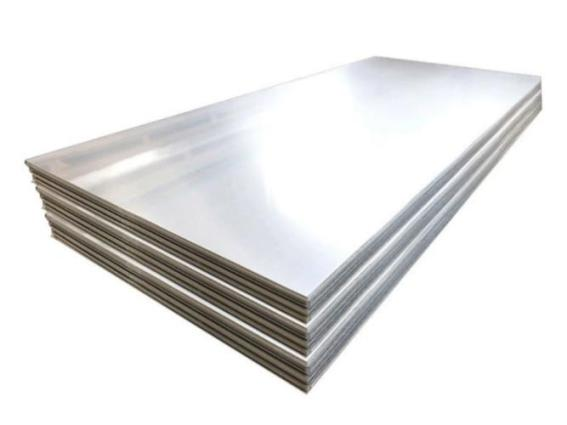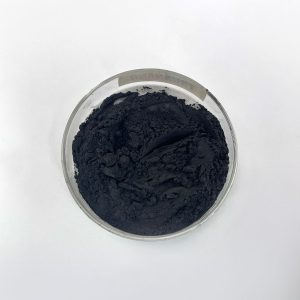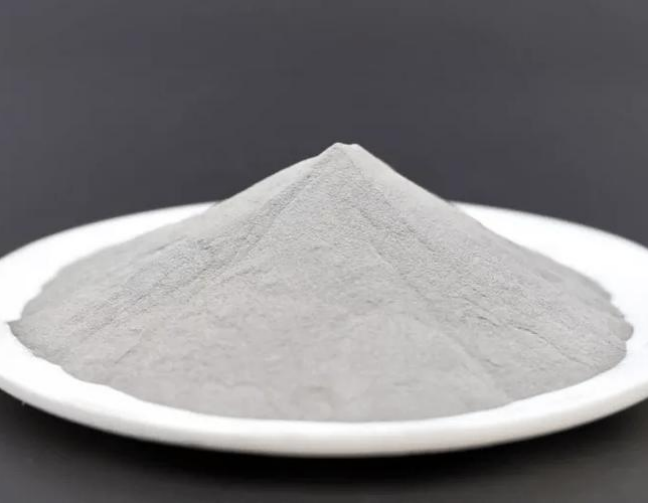1. Introduction
Just 24 hours ago, industry insiders reported a sharp uptick in global demand for spherical titanium powder—driven largely by aerospace firms accelerating adoption of additive manufacturing. With supply chains tightening and titanium powder price per kg fluctuating, engineers and procurement teams are scrambling to understand which titanium powder types offer the best balance of performance, cost, and availability.

Titanium powder isn’t just one material—it’s a family of powders with wildly different properties, production methods, and price tags. From gas atomized Ti6Al4V powder for jet engines to nano-scale TiO2 powder for cosmetics, the options can be overwhelming. In this deep dive, we break down the seven most critical titanium powder variants you need to know in 2024.
2. Pure Titanium Powder vs. Titanium Alloy Powder
Pure titanium powder (often Grade 1 or 2) is prized for its corrosion resistance and biocompatibility. It’s commonly used in medical implants and chemical processing equipment. However, it lacks the strength needed for high-stress applications.
Enter titanium alloy powder—most notably Ti6Al4V (also called Ti64), which blends titanium with 6% aluminum and 4% vanadium. This alloy dominates aerospace and defense sectors due to its high strength-to-density ratio and excellent performance at elevated temperatures. Ti6Al4V powder price typically runs 20–40% higher than pure titanium powder, but the performance payoff is substantial.
3. Production Methods: HDH vs. Gas Atomization
How titanium powder is made drastically affects its shape, purity, and suitability for 3D printing. Two dominant methods are Hydride-Dehydride (HDH) and gas atomization.
HDH titanium powder is angular and irregular, making it cheaper but less ideal for additive manufacturing. It’s often used in powder metallurgy or as a precursor for other processes. In contrast, gas atomized titanium powder is spherical—critical for smooth powder flow in laser-based 3D printers. Spherical titanium powder commands a premium, with titanium powder for 3D printing price often exceeding $300–$500 per kg depending on grade and supplier.

4. Specialty Titanium Powders: Beyond the Basics
Beyond pure and alloyed forms, several advanced titanium-based powders serve niche roles:
- Titanium nitride powder (TiN): Extremely hard, used in coatings for cutting tools.
- Titanium carbide powder (TiC): High melting point, ideal for wear-resistant composites.
- Titanium diboride powder (TiB2) and titanium boride powder: Used in armor and refractory applications.
- TiH2 powder: A hydrogenated form that’s easier to mill and often used in pyrotechnics or as a foaming agent.
- Titanium flash powder: A pyrotechnic mix (not pure titanium) that creates bright sparks—but handle with extreme caution; titanium dust can be pyrophoric.
These specialty powders often carry higher titanium powder cost due to complex synthesis, but their unique properties justify the expense in high-performance contexts.
5. Titanium Powder for 3D Printing: What Buyers Need to Know
Additive manufacturing has become the single largest driver of titanium powder demand. When you buy titanium powder for 3D printing, look for:

- High sphericity (>90%)
- Low oxygen content (<1000 ppm for aerospace)
- Controlled particle size distribution (typically 15–45 µm)
Ti64 powder remains the gold standard, though pure titanium powder is gaining traction in dental and biomedical 3D printing. Always verify your titanium powder supplier meets ASTM or ISO standards for additive manufacturing.
6. Pricing Trends and Where to Buy
As of mid-2024, titanium powder price per kg ranges widely:
- HDH pure titanium powder: $80–$150/kg
- Gas atomized Ti6Al4V powder: $300–$600/kg
- Titanium nanopowder or TiO2 nano powder: $50–$500/kg depending on purity and particle size
International titanium powder suppliers like AP&C (now part of GE Additive), Carpenter Additive, and VSMPO-AVISMA dominate the market. For smaller batches, platforms like Alibaba or specialized metal powder distributors offer titanium powder for sale—but verify certifications carefully.
7. How Titanium Stacks Up Against Molybdenum and Tungsten Powders
While titanium leads in lightweight strength, other refractory metal powders fill different roles. Molybdenum powder (moly powder) offers higher melting points and is used in furnace components and electronics. Molybdenum disulfide powder (MoS2 powder) serves as a dry lubricant—very different from structural titanium.
Tungsten powder, especially spherical tungsten powder or tungsten carbide powder, excels in density and wear resistance. Tungsten powder price per kg can rival or exceed titanium, especially for high-purity grades. Global Tungsten & Powders Corporation and other tungsten powder suppliers cater to defense and mining sectors where extreme hardness is non-negotiable.
In short: titanium wins for strength-to-weight; molybdenum for high-temp stability; tungsten for density and abrasion resistance.
8. Conclusion
Whether you’re evaluating titanium powder uses for aerospace, medical devices, or industrial coatings, understanding the differences between pure titanium powder, Ti64 powder, and specialty variants like titanium diboride is essential. With titanium powder additive manufacturing reshaping manufacturing and prices influenced by global supply dynamics, staying informed helps you make smarter sourcing decisions. Always compare titanium metal powder price against performance specs—and never compromise on quality when lives or mission-critical parts are on the line.
Our Website founded on October 17, 2012, is a high-tech enterprise committed to the research and development, production, processing, sales and technical services of ceramic relative materials such as 7. Our products includes but not limited to Boron Carbide Ceramic Products, Boron Nitride Ceramic Products, Silicon Carbide Ceramic Products, Silicon Nitride Ceramic Products, Zirconium Dioxide Ceramic Products, etc. If you are interested, please feel free to contact us.
